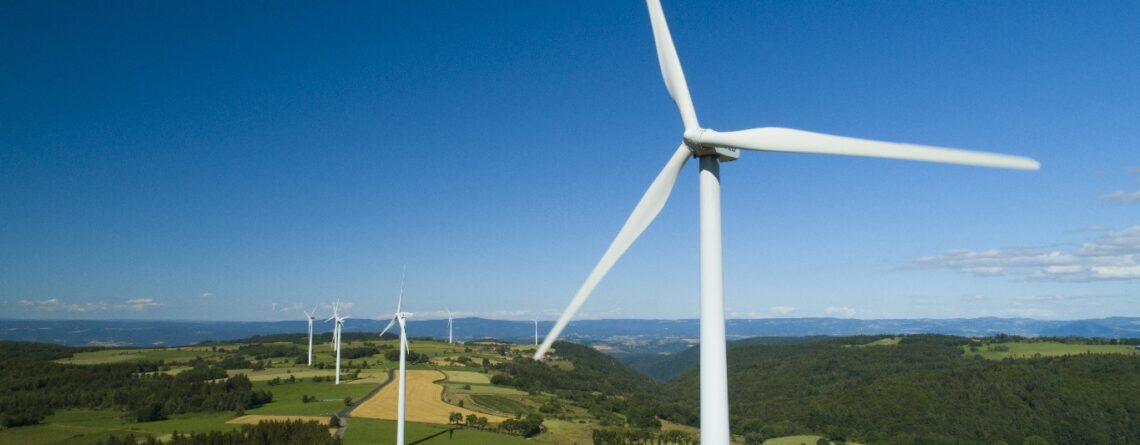UK sets out plans for National Wealth Fund
UK Chancellor Rachel Reeves has launched a National Wealth Fund (NWF) to unlock private investments in “green and growth industries”. The Labour government has allocated £7.3 billion to the initiative, which will be allocated through the existing UK Infrastructure Bank so investments can start being made immediately. The Treasury said it had, alongside the department for energy security and net zero, convened a meeting with the Green Finance Institute-chaired and investor-backed NWF taskforce set up to advise the government on its establishment, to “kick start this work”. The taskforce, which boasts members including Mark Carney, Aviva CEO Amanda Blanc and a number of institutional investors, published a report on Tuesday with recommendations for the NWF. The taskforce said that “strategic alignment between the NWF and net-zero policy will […] be key”. Rhian-Mari Thomas, chair of the Taskforce and CEO of the Green Finance Institute, said: “The taskforce recommendations set out how a combination of catalytic capital, deployed in partnership with a government delivering policy certainty, can make the UK the destination of choice for global investment.”
The Principles for Responsible Investment (PRI), Institutional Investors Group on Climate Change (IIGCC) and UKSIF have written to the new UK prime minister, Sir Keir Starmer, outlining the urgent need for and opportunities around legislative support for the sustainable finance agenda. The letter calls on the new Labour administration to establish a “whole-of-government” approach to the delivery of the UK’s net zero strategy, “underpinned by credible and comprehensive sectoral decarbonisation pathways and targeted incentives”. The letter has been supported by 13 investors, including Cardano, CCLA, IFM Investors, Scottish Widows and Lothian Pension Fund.
The centre-right European People’s Party group in the European Parliament has said in a draft document that it wants to “halt” the implementation of reporting requirements under two key sustainability directives in the 2024-29 EU mandate. A spokesperson for the EPP, which is the largest group of lawmakers in the European Parliament, told Responsible Investor that it has yet to adopt a final document but that the request, covering the Corporate Sustainability Reporting Directive (CSRD) and Corporate Sustainability Due Diligence Directive (CSDDD), is “in the draft and there [is] no request of amendments for that point”.
The CSRD entered into force in 2023 and the first set of reporting will start next year. The deadline for member state transposition into national law was 6 July, which notably many have missed. The CSDDD received final political approval in May and will come into force on 25 July. Member states have until 26 July 2026 to transpose the directive. As an industry observer noted, there are no reporting requirements under the CSDDD.
South Yorkshire Pensions Authority has committed a further £350 million ($448 million; €414 million) to the Border to Coast Climate Opportunities fund, in addition to its original £245 million allocation in 2022. The fund targets investments with positive impacts on climate change and supports global net zero ambitions. Projects supported through the portfolio include hydrogen technology, a Chilean mining company, synchronous condensers, and battery storage in South Wales. In addition, the pension fund has committed £100 million to Border to Coast’s UK Opportunities Fund, which was launched in April, and £130 million to its forestry funds for sustainable timber harvesting and international forestry initiatives.
Robeco has strengthened its transition finance offering for emerging markets and Asia, launching two new equity strategies and rebadging two fixed income funds. The Emerging Markets Climate Transition Equities strategy focuses specifically on the transition to a low-carbon economy, aligning with the goals of the Paris agreement, while the Transition Asian Equities fund also considers other environmental and social objectives. The two funds being repositioned are the Transition Emerging Credits strategy (formerly Sustainable Emerging Credits) and the Transition Asian Bonds strategy (formerly Sustainable Asian Bonds).
Schroders has published its first impact report following the acquisition of impact investor BlueOrchard in 2019, which resulted in the development of an impact framework. The report provides a summary of the UK asset manager’s impact investment range, and shows how the firm has measured and reported the outcomes of its impact portfolios to clients. The report also provides analysis of the contribution the portfolios make to the SDGs, as well as an overview of engagement activities with listed companies held in the impact funds. Finally, it provides insights into the climate performance of Schroders’ portfolios, covering their emissions profile and the climate risks they are navigating, as well as potential climate transition investment opportunities.
The World Bank has launched a Just Transition Taxonomy for the coal sector. The taxonomy identifies 57 eligible economic activities across three pillars: governance, people and communities, and repurposing former coal mining lands and associated assets.
The Diversity Project has launched its 2025 Pathway Programme, which for the first time includes a tailored track for traders alongside the existing portfolio manager programme. The programme, which launched in the UK in 2023, is a cross-industry initiative designed to give women the greatest chance of progressing and succeeding as a portfolio manager or trader. The trading programme will welcome 10 participants in its inaugural year, who will attend two-thirds of the main programme’s sessions, with the remainder customised to trading. The specialised sessions will include focuses on ETFs, equities, derivatives, fixed income, data and modern trading platforms, as well as real-life trading floor experience.
Read more @responsible-investor











